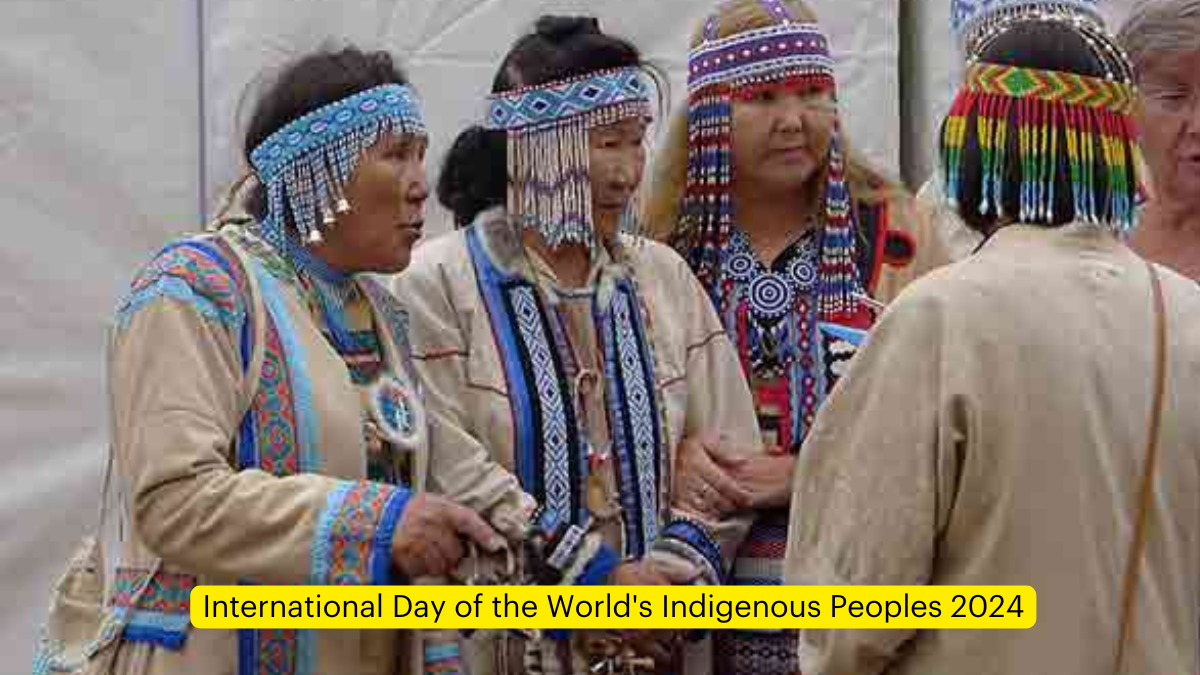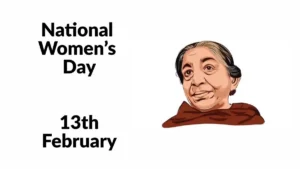The International Day of the World’s Indigenous Peoples is a globally recognized event that shines a spotlight on the unique cultures, challenges, and contributions of indigenous communities worldwide. As we approach the 2024 celebration, it’s crucial to understand the significance of this day and its impact on promoting indigenous rights and preserving cultural heritage.
Date and Theme for 2024
When is it celebrated?
The International Day of the World’s Indigenous Peoples is observed annually on August 9th. In 2024, this important day falls on a Friday, providing an opportunity for extended events and discussions throughout the weekend.
Theme for 2024
The theme for 2024 is “Protecting the Rights of Indigenous Peoples in Voluntary Isolation and Initial Contact.” This focus highlights the critical need to safeguard the rights and well-being of indigenous groups who have limited or no contact with the outside world.
Key aspects of the 2024 theme:
- Survival and planetary protection: The theme emphasizes that the survival of these isolated indigenous groups is intrinsically linked to the protection of our planet.
- Cultural and linguistic diversity: Preserving these communities also means safeguarding a wealth of cultural knowledge and linguistic diversity.
The Global Indigenous Landscape
Distribution and Lifestyle
Approximately 200 Indigenous Peoples live in remote forests across various countries, including:
- Bolivia
- Brazil
- Colombia
- Ecuador
- India
- Indonesia
- Papua New Guinea
- Peru
- Venezuela
These communities primarily rely on gathering and hunting to maintain their traditional way of life, preserving their unique cultures and languages.
Ongoing Struggles
Despite their rich heritage and contributions to global diversity, indigenous peoples face numerous challenges:
- Recognition: Many groups still struggle for recognition of their identities and way of life.
- Land rights: The fight for rights to traditional lands, territories, and natural resources continues.
- Historical injustices: Throughout history, the rights of indigenous peoples have been consistently violated.
- Environmental threats: Changes in their natural habitats pose significant risks to their survival.
History and Significance
Establishment of the International Day
- Declaration: The United Nations General Assembly (UNGA) declared this day in 1994.
- Symbolic date: August 9th was chosen to commemorate the first meeting of the UN Working Group on Indigenous Populations in 1982.
Objectives of the Day
- Strengthen international cooperation in addressing issues faced by indigenous peoples.
- Provide a platform for indigenous voices to be heard globally.
- Raise awareness among governments, NGOs, and the public about indigenous concerns.
- Promote understanding of the unique challenges faced by indigenous communities.
UNESCO’s Role
The United Nations Educational, Scientific and Cultural Organization (UNESCO) plays a crucial part in:
- Assisting indigenous peoples in resolving their issues.
- Recognizing their commitment to preserving the world’s cultural and biological landscape.
Importance and Impact
Addressing Ongoing Issues
The day serves as a reminder of the persistent challenges faced by indigenous communities:
- Rights violations: Often stemming from historical colonization or changing cultural landscapes.
- Land rights: Disputes over traditional territories continue to be a major concern.
- Environmental conservation: Indigenous knowledge is crucial for sustainable environmental practices.
- Education and health: Access to quality education and healthcare remains a challenge in many indigenous communities.
- Economic development: Balancing traditional ways of life with modern economic realities.
Promoting Action and Awareness
The International Day of the World’s Indigenous Peoples serves as:
- A call to action for governments, organizations, and individuals.
- An opportunity to uphold the rights of indigenous peoples.
- A platform to promote empowerment within indigenous communities.
- A catalyst for achieving justice, equality, and reconciliation.
Celebration and Observance
Global Activities
The day is marked worldwide through various events and initiatives:
- Cultural events: Showcasing indigenous art, music, and traditions.
- Educational programs: Raising awareness about indigenous history and contemporary issues.
- Advocacy efforts: Campaigning for policy changes and improved rights.
- Community gatherings: Bringing together indigenous and non-indigenous people for dialogue and understanding.
Long-term Impact
By consistently observing this day each year, the international community:
- Amplifies indigenous voices on a global stage.
- Ensures that indigenous rights remain a priority in global discussions.
- Contributes to the preservation of cultural diversity.
- Promotes sustainable development practices that respect indigenous knowledge and traditions.




 National Women's Day 2026 India: Signifi...
National Women's Day 2026 India: Signifi...
 World Radio Day 2026: Why Radio Still Ma...
World Radio Day 2026: Why Radio Still Ma...
 National Productivity Council Marks 68th...
National Productivity Council Marks 68th...








